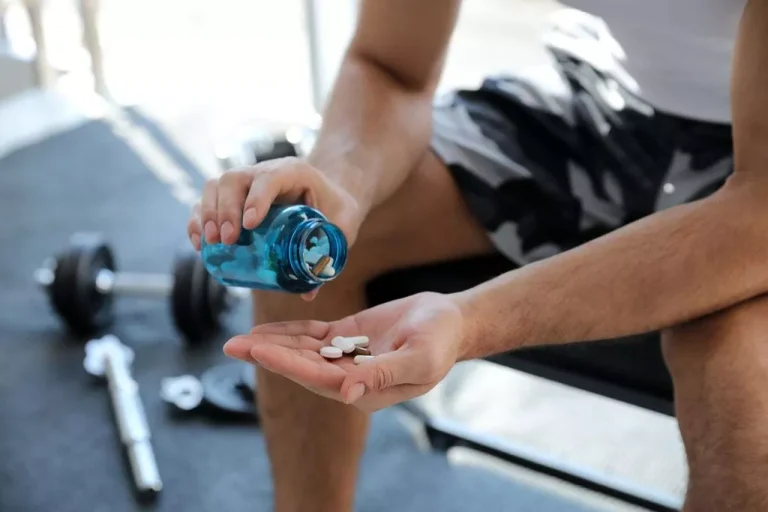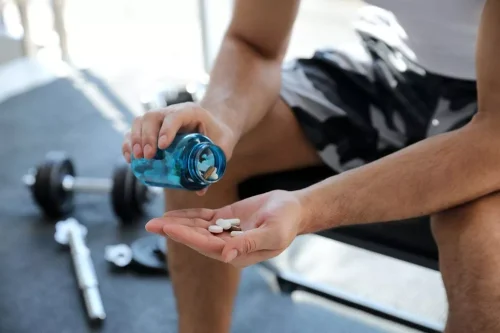
The establishment and upkeep of healthy boundaries are fundamental to leading a sober lifestyle. Boundaries define the limits and guidelines that individuals establish to safeguard their recovery and promote their overall well-being. For effective communication with your mental health professional, maintaining an open, honest dialogue and clearly expressing your feelings and fears is necessary. Rebuilding relationships during recovery often involves mending the wreckage of the past, whether following a relapse or during your fifth year sober. This process entails acknowledging and apologizing for past wrongs, demonstrating consistency in actions, and serving as a positive example of the changes made.
- When choosing a sobriety group, it’s best to consider the specific needs you are looking to address.
- Archstone Behavioral Health Addiction Treatment Center is dedicated to providing comprehensive and effective residential treatment for individuals seeking recovery from addiction.
- These can be 12-step meetings (such as Alcoholics Anonymous or Narcotics Anonymous) or alternatives, but make sure they fit your personal recovery needs.
Develop Healthy Habits for Maintaining Sobriety
- The idea was to remove clients from destructive living environments that encouraged substance use and create new social support systems in treatment.
- Many individuals attempting to abstain from alcohol and drugs do not have access to appropriate housing that supports sustained recovery.
- Enrolling in a rehab program is perhaps the most pivotal, actionable step an addict can take toward recovery.
- In addition to studying a larger number of offenders, we hope to explore an innovative intervention designed to improve outcomes for these residents in terms of employment, arrests, and other areas.
- It is also a resource for connecting with help and support you need, whenever, wherever, and however you need it.
Just as cyclists like Quinn Simmons’ rely on their teams for support during grueling races, people in recovery depend on their sober network. These bonds, forged through shared experiences and understanding, provide the emotional horsepower needed to push through difficult times. Sometimes, your network could be as relevant and invaluable as understanding the “30 year fixed mortgage rates today” when making a significant financial commitment. By implementing these coping strategies, you’re building a strong foundation for your recovery journey. Be patient with yourself as you learn to navigate life without substances. Embarking on the journey to sobriety is a significant step in anyone’s life, especially if you’re navigating the complexities of addiction recovery.

Digital Tools For Recovery That Transform Lives Now
In addition, it is important to note that residents were able to maintain improvements even after they left the SLHs. By 18 months nearly all had left, yet improvements were for the most part maintained. These measures were taken from Gerstein et al. (1994) and labeled Peak Density and 6-month abstinence.
- The availability of treatment slots for individuals released from jail or prison or particularly lacking.
- Founded in the 1930s, AA is a peer-to-peer fellowship that encourages recovery from alcohol use disorder via a structured, spiritually focused 12-step process.
- Sober living homes vary widely in terms of structure, rules, and the level of support provided.
- It provides a safe space for sharing your experiences and challenges, while also offering a new network to connect with as you try to live a sober lifestyle.
- At Pathways Recovery, we provide premier addiction treatment centers for men and women to help heal each patient’s mind, body, and spirit so they can live happier, healthier lives.
Understanding the Structure of Sober Living Homes
Think about your current support—your parents, grandparents, probation officer, counselor, therapist, doctor, or social worker. While this kind of support is different from a friend group, they’re still working with your best interest at heart. If you don’t know where to turn, reach out to them for help, ideas, or a listening ear. Refuge Recovery is a group that emphasizes Buddhist traditions and tools to help people break free from their addictions.

Located in beautiful South Florida, Archstone Behavioral Health offers a serene and comforting environment for your treatment and healing journey. Our approach to treatment stands out from typical detox programs Florida centers provide. We offer a full continuum of care on our campus – from admissions to discharge, guiding and supporting you every step.
- Recovering from substance use disorder takes courage and determination, and it’s important not to underestimate that as you move through the process.
- By building a robust sober support network, you can reconnect with supportive friends and family, reduce feelings of loneliness, and create meaningful connections.
- Acupuncture, an ancient Chinese healing practice, has shown promise in addiction treatment.
Focus on Personal Growth and Goal Setting

It provides accountability, understanding, and shared experiences crucial for maintaining sobriety. Individuals increase their chances of achieving and sustaining lifelong recovery by actively seeking out and nurturing connections within a sober network. Developing a sober lifestyle means incorporating habits and activities that support a life free from alcohol or drugs. This includes healthy routines, finding new hobbies, building supportive relationships, and focusing sober network on personal growth. Traditional strategies for building a sober network are effective, but innovative approaches are emerging to further strengthen support networks. Virtual reality (VR) therapy, for example, is becoming popular as a tool to help individuals practice social interactions and coping mechanisms in a safe setting.
What are the three pillars of sobriety?

By developing healthy stress-relief activities, you can reduce the risk of relapse and improve your overall well-being. Join our supportive sober community where each day becomes a step towards personal growth and lasting positive change. Because most members of your support network will likely be learning how to support someone in recovery for the first time, they will need to know when they doing things correctly.

Identifying Compatible People for Your Support Network
This article will delve into the importance of a sober support network, provide actionable steps to build and maintain one and explore its transformative impact on recovery. Building a support network in recovery involves connecting with friends, family, and professionals who are supportive of your sobriety. Attend support groups, engage in sober social activities, and seek out resources that promote recovery.
